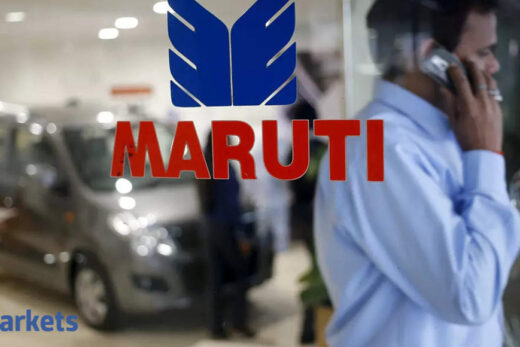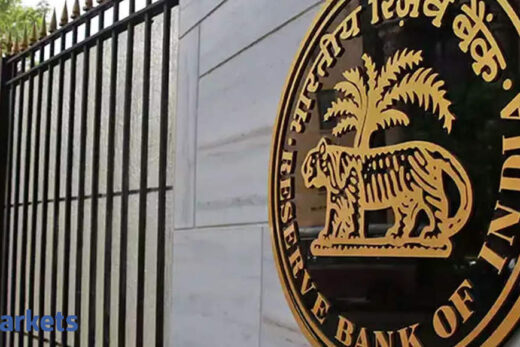NEW DELHI: Mid-market hospitality player Lords Hotels & Resorts was bullish on its new management contract property in South Goa that had opened in October 2019. Just as the 110-room property was beginning to get a foothold on Varca Beach, the pandemic struck.
“The owner (of this property) could not reopen it after lockdown. The monthly electricity bill alone was in lakhs and he decided to shut shop permanently,” Lords’ senior VP (operations) Rishi Puri told
TOI.
This and suspension of operations by Hyatt Regency Mumbai are not isolated cases. Federation of Hotel & Restaurant Associations of India (FHRAI) says 40% of hotels and restaurants have closed permanently. Industry tracker STR’s data shows 270 branded hotels (20,000 rooms) have temporarily stopped operations in India. “The number of establishments shutting down would have gone up by another 10-20% due to the second wave. Most don’t have working capital and loans from risk-averse banks are hard to come by,” FHRAI’s Pradeep Shetty said.
Industry ‘survivors’ are pinning their hopes on the revival in travel seen after the waning of the second Covid wave and praying there is no third wave. Vacation-starved Indians have started driving to nearby leisure destinations.
Big chains like Tata group’s Taj, Oberoi and ITC Hotels also have their fingers crossed as they had depleted significant reserves to survive the pandemic and need to replenish the same for future shocks. Taj parent Indian Hotels Company (IHCL) reported a loss of Rs 720 crore in FY21 with revenue falling 62% to Rs1,740 crore.
India currently has1.4 lakh branded and over 26 lakh unbranded hotel rooms, according to hospitality consulting service Hotelivate, which puts the combined debt of the sector at Rs 50,000 crore.
Contractual breaches will increasingly lead to disputes between property owners and operators (brand that has lent its name to the property). Hotelivate estimates the total revenue typically generated by India’s branded and organised sector is about Rs 37,000 crore and the loss of revenue last year could be between Rs11,000 and 30,000 crore.
In such a situation, several asset owners and investors under financial stress will look for exit or reducing debt that will accelerate M&As (mergers & acquisitions), says Mandeep Lamba, real estate services company HVS Anarock’s president (south Asia).
Job losses and pay cuts have hit this industry badly. “25-33% people employed in the sector have lost jobs and some could have been laid off permanently,” said a hotelier.
Pre-Covid India used to attract about a crore foreign tourist arrivals (FTAs) annually. “During 2020, FTAs numbered about 27 lakh compared to almost1.1 crore in 2019,” according to IHCL’s FY21 annual report.
FHRAI said, since April 2021 revenue hasn’t crossed 8-10% of April 2019 level. Hotel tariffs take a long time to climb up after black swan events. “Covid has pushed back hospitality by four years in terms of occupancy and five years in terms of tariffs,” said Hotelivate founderchairman Manav Thadani.
Given the long recovery period, it remains to be seen which all hotels will survive. Hotels run in properties owned by diversified groups with favourable debt-equity ratios will emerge from this perfect storm.





